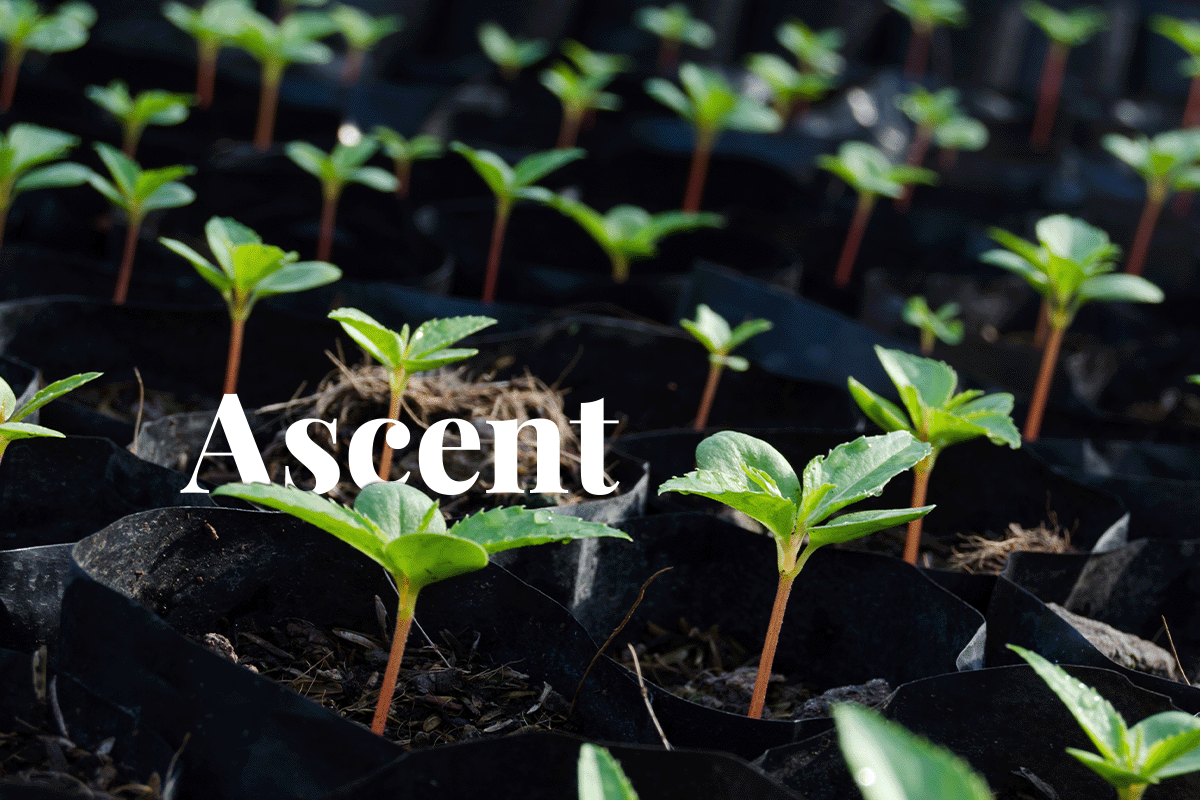The once-nascent voluntary carbon market is positioned for an astonishing transformation, projected to surge to $1.5 trillion by 2050, according to a recent analysis by Barclays. Riding the wave of escalating corporate pressure to tackle carbon emissions and achieve net-zero targets, the market has experienced an explosive seventy-fold increase in carbon credit trading over the past 10 years. This significant rise, attributed to both growing awareness and the quest for environmental responsibility, has prompted Barclays to dub the market's current state as a ‘tipping point’.
 Young green plants growing in soil bags in a tree nursery.
Young green plants growing in soil bags in a tree nursery.
The report draws data from major carbon credit registries covering the years 2008 to 2023, revealing renewables, along with agricultural credits, have taken the lead in offset initiatives. Notably, demand offsets have surged in 2023, reflecting voluntary buyers' proactive stance. Noteworthy corporations leading the charge include Delta Air Lines, Volkswagen, Shell, Primax Colombia, and Telstra Corp.
However, while industry titans like Boeing, Disney, and Apple embrace carbon offsets, Barclays flags a critical gap concerning nature and biodiversity. The report emphasises the latent potential for the carbon market to channel investments into biodiversity-related efforts. Nature-based climate solutions and biodiversity-focused investments are positioned as vital strategies for steering the market toward net-zero objectives.
Read more: How nature-based projects contribute to net-zero goals
Barclays underscores the necessity of slashing emissions as paramount, but it also underscores the role of offsets in challenging sectors. The report sees nature-based solutions and emerging technologies like Direct Air Capture as driving the market to encompass more than 15 gigatonnes annually.
Positioning voluntary carbon markets as a catalyst for net-zero progress, the assessment stresses the critical role of private capital in developing countries. By establishing benchmark prices and embracing verification processes, the market could play a pivotal role in cost-efficient decarbonisation. Barclays' forecast aligns with HeavyFinance's efforts to generate a quarter-million carbon credits in Europe, contributing to carbon removal and sustainable agricultural practices.
Read more: Brazil invests $350 billion for a greener economy and sustainable infrastructure
In a nutshell, the transformative journey of the voluntary carbon market—from $500 million to an astronomical $1.5 trillion by 2050—ushers in a new era of environmental stewardship and financial opportunity.
At DGB Group, we stand as architects of change, collaborating with businesses, governments, and investors to restore nature through the carbon market. Our portfolio of nature-based solutions benefits both the environment and businesses by preserving biodiversity, restoring degraded land, empowering communities, and generating top-quality carbon credits that help organisations reach net zero. Together, let's create a future teeming with verdant vibrancy and ecological diversity.
Be a pioneer of change with DGB



